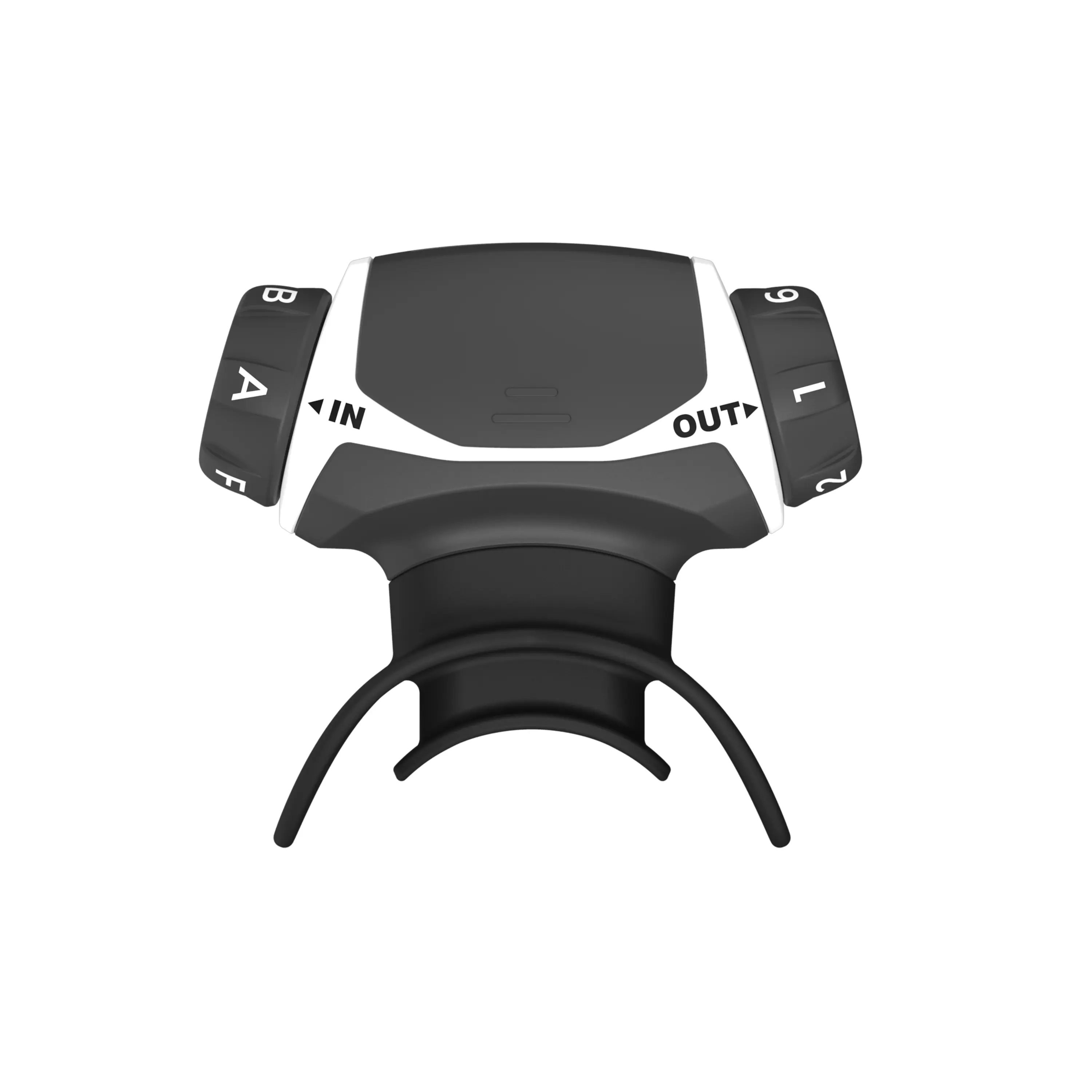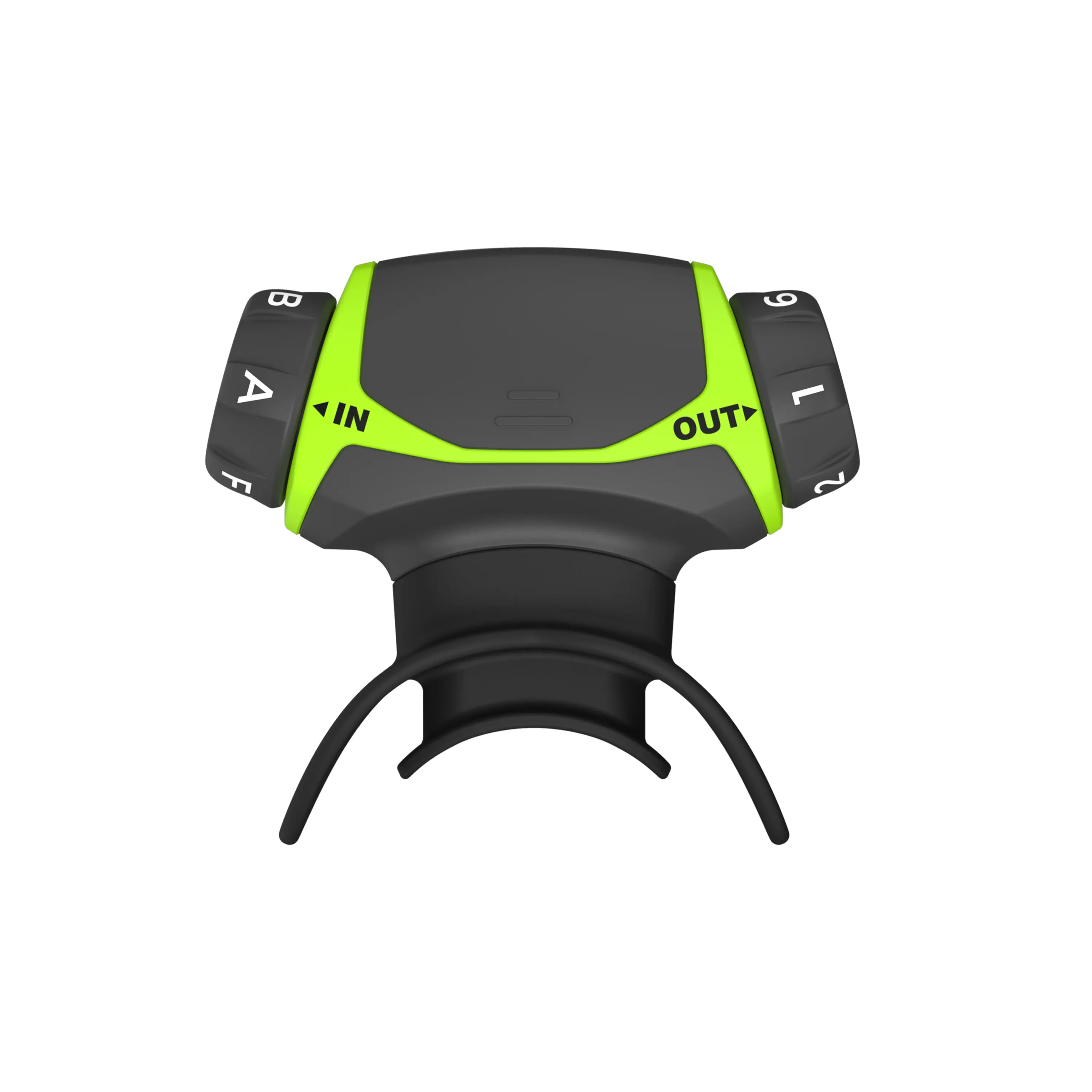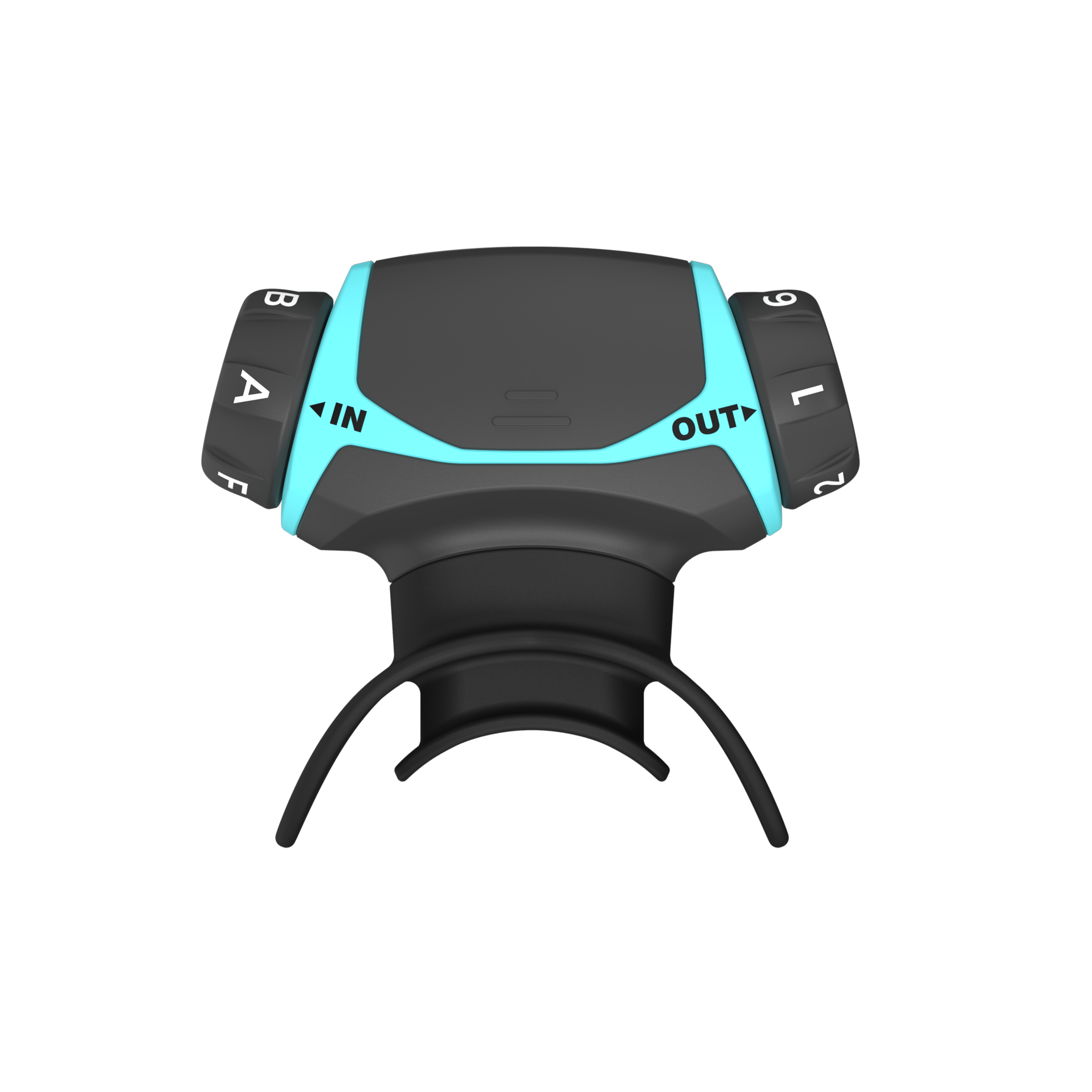Try Airofit risk-free:
Free worldwide shipping
We deliver worldwide without additional cost for shipping fees.
45-day money-back guarantee
You can test the product and request a return and a full refund within 45 days, no questions asked!
2-year-warranty
2-year warranty included for free repairs or replacements of defects.
Free worldwide shipping
We deliver worldwide without additional cost for shipping fees.
45-day money-back guarantee
You can test the product and request a return and a full refund within 45 days, no questions asked!
2-year-warranty
2-year warranty included for free repairs or replacements of defects.
What our customers say
What’s in the box

What’s in the box
Airofit Active in your color of choice

Complete your breathing training kit
Complete your breathing training kit
Compare trainers
Dive into the differences and make a qualified decision
















